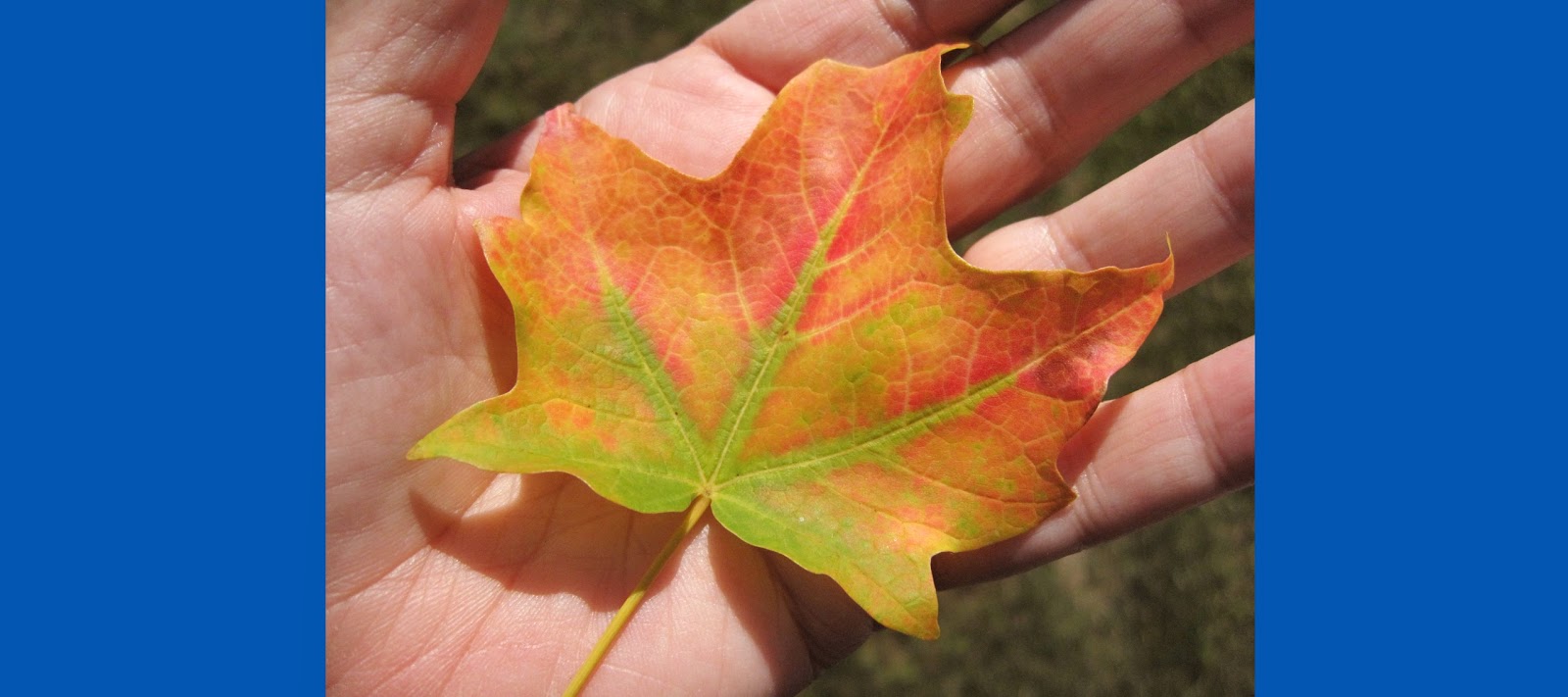 |
| The Forest at Night IV by me, Mary Stebbins Taitt |
“Ya cain’t get
they-ah from Hee-ah!”
I am going to a personal retreat at a rented cottage that
seems to be (in my mental map) south of Syracuse (Tully, Pompeii?) in the
hills. I am driving my normal little
silver Cruze headed down there, happy and excited. I start feeling a little confused, like I’m
not total sure of the directions, but I think I can find my way there. I come to a construction site and the road is
totally torn up, the pavement is gone. I
consider continuing on the road past the ‘closed” signs until I see ahead huge
earth moving equipment. Then I become a
little nervous about continuing and decide to turn around. It appears from the tracks that other people
have done the same thing and I follow the well-worn tracks of a U-turn that
takes me onto a different road that seems to be heading the way I want to
go. But a little while later, the road
diverges west. I keep turning on other
roads trying to head back south, but every road takes me in the wrong
direction. The next thing I know, I am walking south, determined to get where I
am going. I run into other people also
trying to get to cottages in the same area and we talk about the cooks that
will be preparing our meals. The cooks
are fat. The other people are younger than
I am and walk faster. The trail we are
following takes up over what appears to be a mountain pass. It gets progressively more difficult and
dangerous. The people ahead of me enter
a mass of huge, pointy rocks and boulders.
I follow, but a few minutes later, they return. “You can’t get through?” I ask. “No,” they say. I consider going to look for myself, but they
are younger and fitter than I am, and if they can’t get through, I probably
can’t either.
I wake up distressed.
Dream, Thursday, April 24, 2014
How does this make you
feel? What does it remind you of?
“I consider going to look for myself, but they are younger
and fitter than I am, and if they can’t get through, I probably can’t
either.” I need to remember that that statement
is not necessarily true—think of climbing Seward, Donaldson and Emmons, when I
was only one out of 26 people, all
younger than me, who made it to the top.
(Speaking of which, a “secret” inner goal of mine is to be able to climb
again, but I feel very discouraged about that happening [which is why it is
secret].)
I am feeling confused about where it is that I want to be
going. I want to be healthy (physically,
mentally, emotionally, socially and spiritually), I want to deepen my
relationship with Keith and with Frankie and my kids and I want to publish my
books. I want to be lean. But there is also the feeling of something
deeper. In the dream, I seem to be going
to a personal writing retreat (not an organized one, but one I set up for
myself, like the one at 7th Lake.)
But since this dream theme is constantly recurring, I need to explore it
a little. I would like to do some special work on it, including writing and
journeying, as well as talking to Brian and friends).
I feel as if I need to pick ONE project that is the most
likely to succeed and try to keep it on or very near the front burner until it
is finished. But meanwhile also look at
the trajectory of my life and deep goals and see where I might be failing or
headed wrong, or how I can remove the roadblocks. I also feel that for me, it is OK to work on
more than one project at a time, because they act as mind cleansers and feel
each other and give me a break when I feel mentally exhausted from. But not more than 2 or 3 on the front burners. (A regular stove has four burners, so maybe
that’s a good symbolic analogy-2 on the front burner, two on the back burners,
the rest in the fridge and freezer.)
In the dream, I feel sad and thwarted. In my phenomenal life, my health, my writing
and other aspects of my life (tidiness, cleaning) seem to meet with one
obstacle after another. Some are
internally generated and some are from outside myself, or seem to be.
 |
| The Forest at Night III By me, Mary Stebbins Taitt click to view larger |


